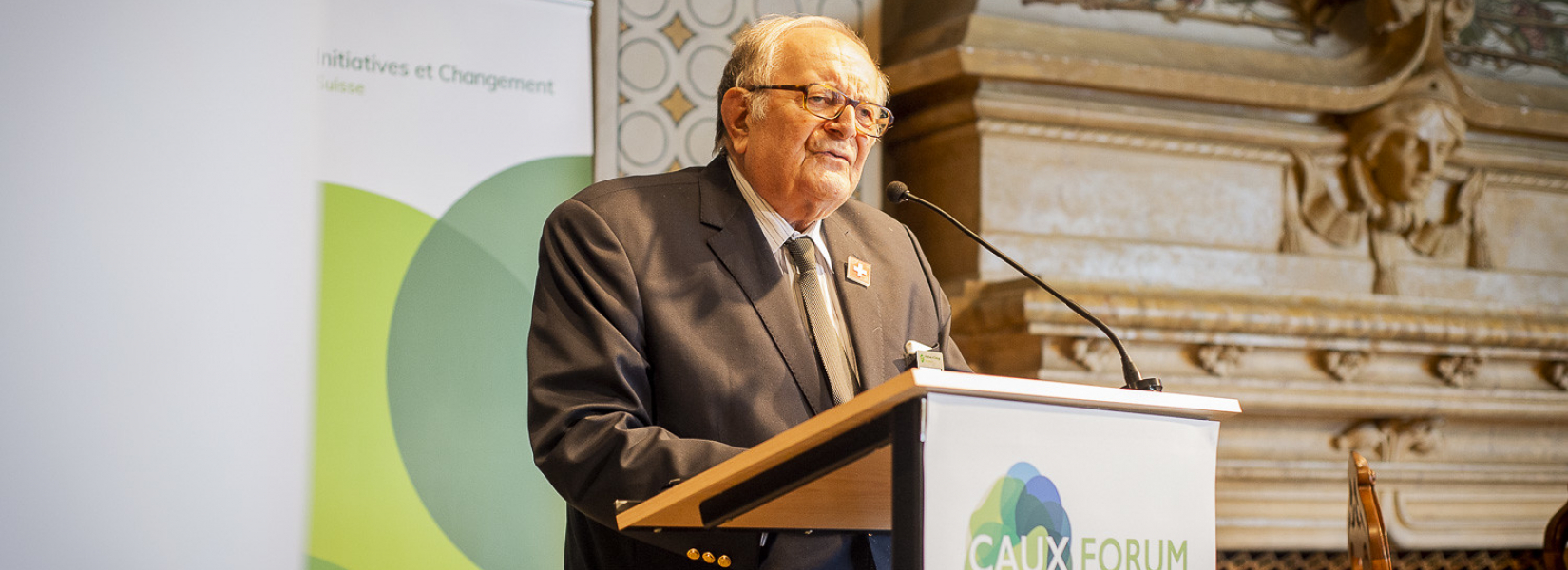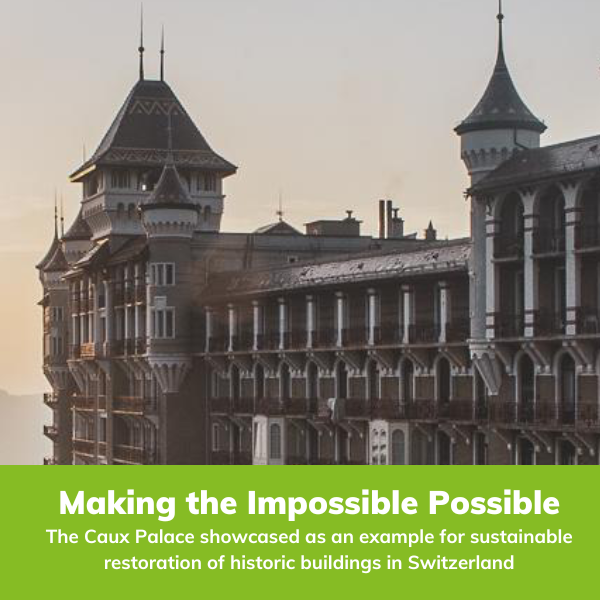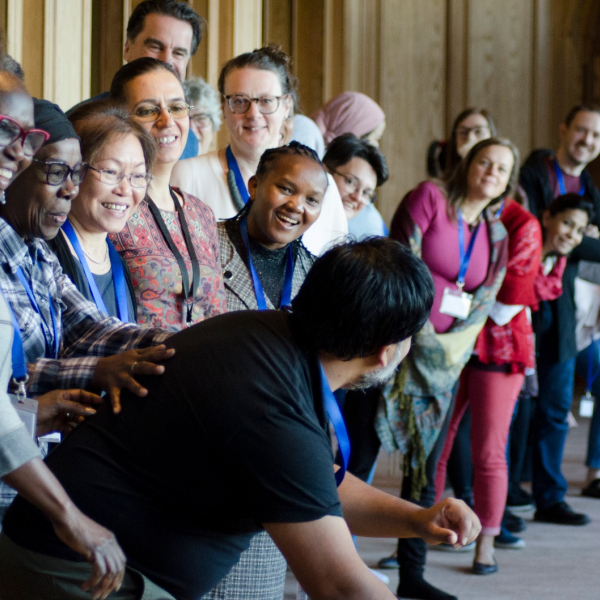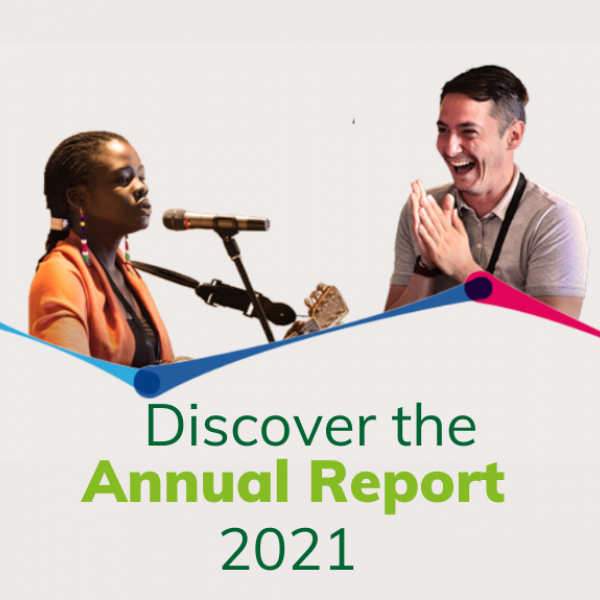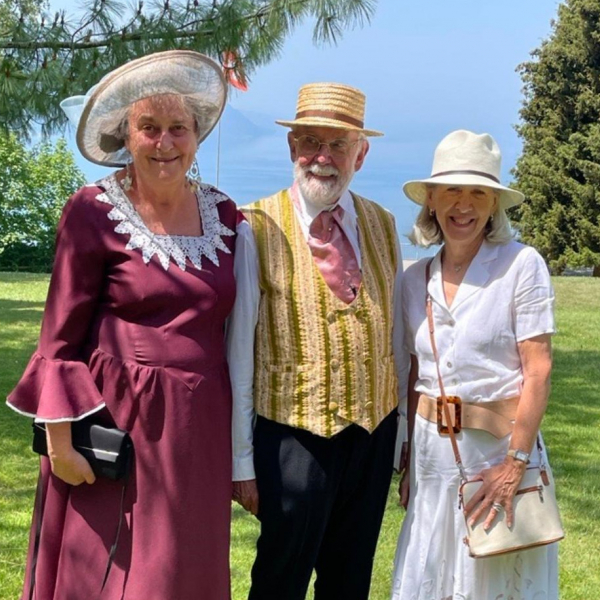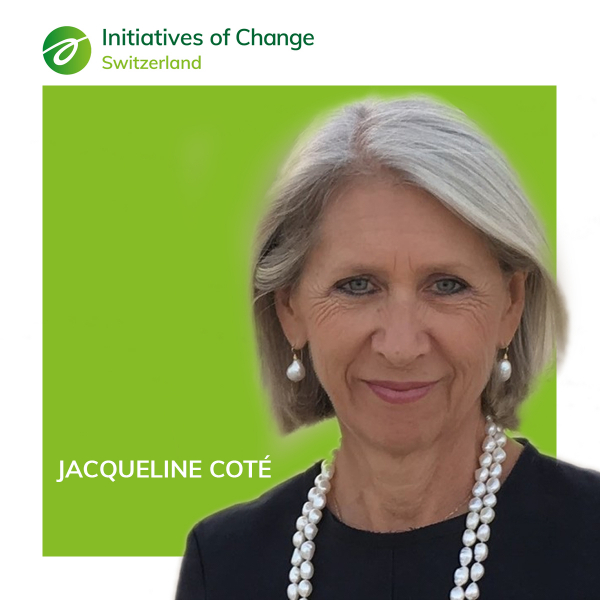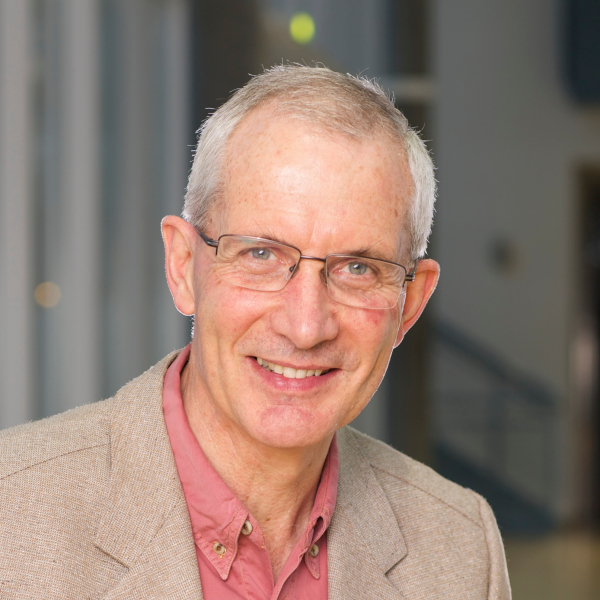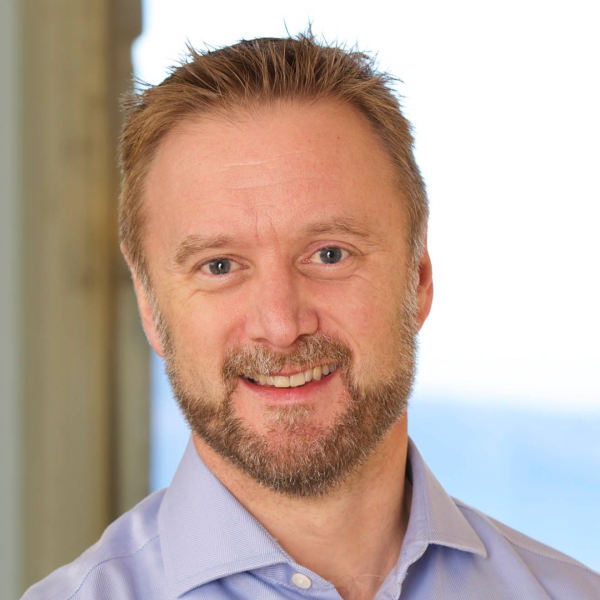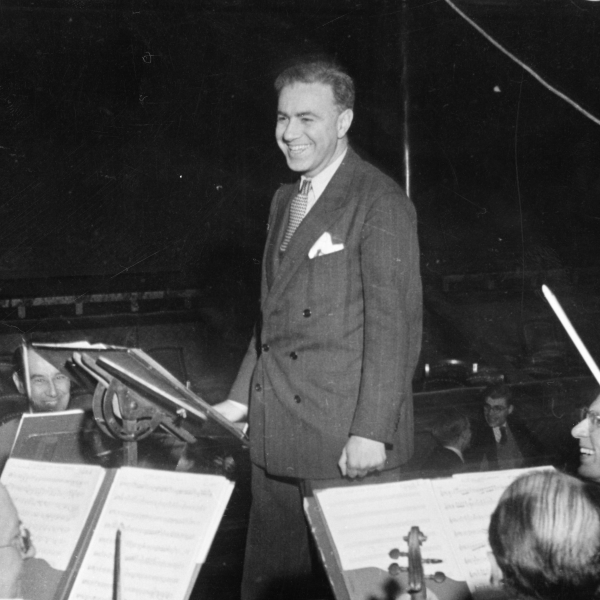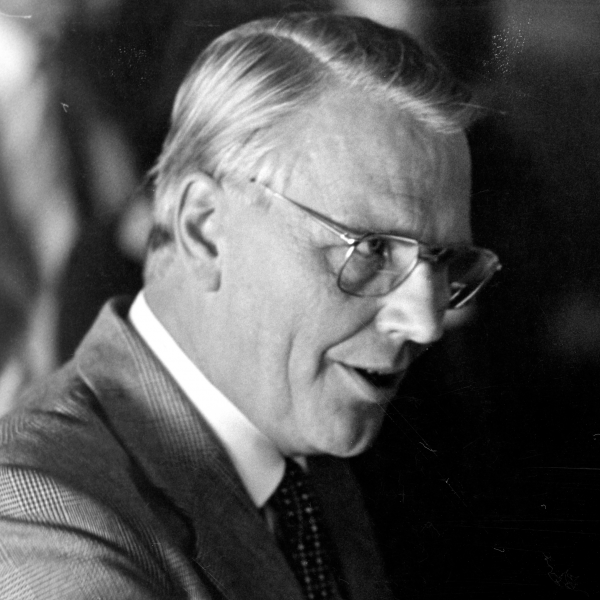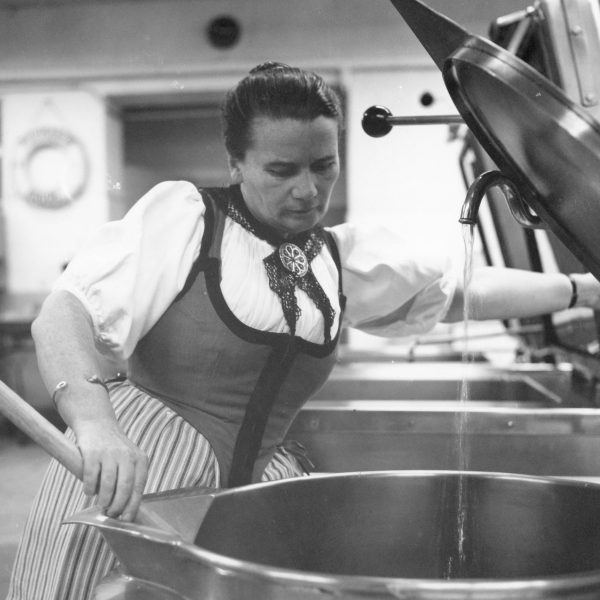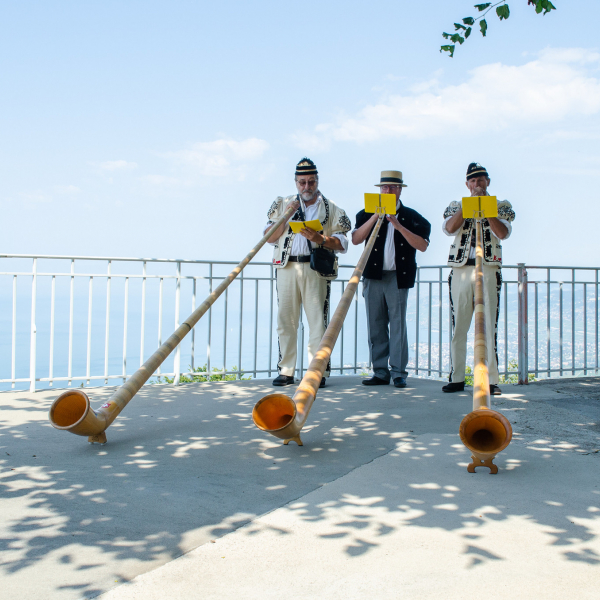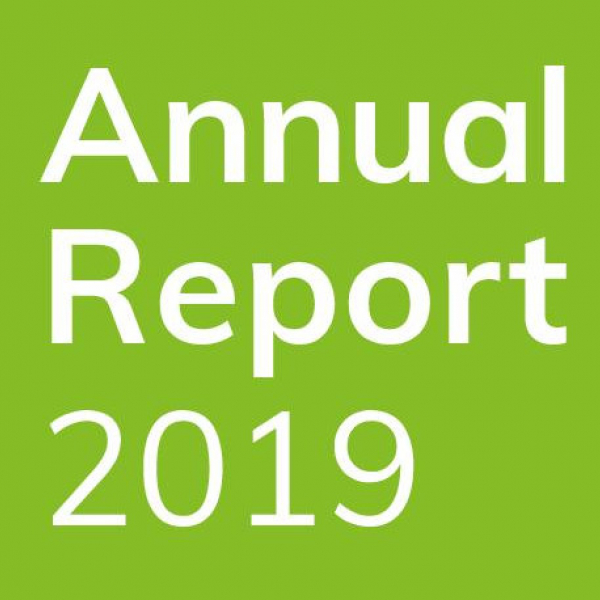A new biography of Cornelio Sommaruga
Review by Andrew Stallybrass
08/08/2018
In their series of books ‘They chose Geneva’, the Genevese publisher Slatkine have just brought out a new biography of Cornelio Sommaruga. With the title ‘Mission: Humanity’ author Virginie Poyetton traces the multiple lives of this great figure from the Tessin, the Italian-speaking Swiss Canton to the South of the Alps.
Based on interviews with Sommaruga himself and many members of his numerous ‘tribe’, in 152 easily-readable pages she tells his multi-faceted life from his childhood in fascist Italy before the war. Trained by the Jesuits and the Scout movement, his ‘Swissness’ was cemented by his military service in the Swiss army.
The publisher’s text talks of ‘A senior civil servant and diplomat, working with the General Agreement on Trade and Tariffs, the forerunner of the World Trade Organization, then President of the International Committee of the Red Cross (ICRC) through times of globalization of the markets and humanitarian action, his genius worked best in Geneva. For Cornelio Sommaruga, humanity itself was a democratic project and a personal commitment. He saw Geneva and Switzerland as ambassadors at the service of humanity: a Geneva and a Switzerland of liberal values, but social too, a Geneva and a Switzerland jealously defending their specificities and differences, but open to the world and universal values. A democratic Geneva and a Switzerland at the service of a reconciled world community.’
Sommaruga tells how towards the end of his presidency of the Red Cross, he was asked to become President of a Swiss Foundation then still called ‘Moral Re-Armament’. The book quotes Sommaruga saying, ‘I knew the institution a little; I’d given two talks there. My mother had taken part in the first meetings there after World War 2. “Moral Re-Armament” seemed interesting to me as they were working on an international level on themes of reconciliation, ethics and peace.’
According to Sommaruga, the current world situation is even more worrying than during the Second World War with a new wave of xenophobia. ‘Switzerland must demonstrate that despite increasing political polarization, she remains a functioning democracy and that she maintains her open-ness to the outside world,’ Sommaruga says. ‘That is why she must remain neutral, preserve her federalism, her direct democracy and multi-lingualism, and transmit these values to the next generations.’
